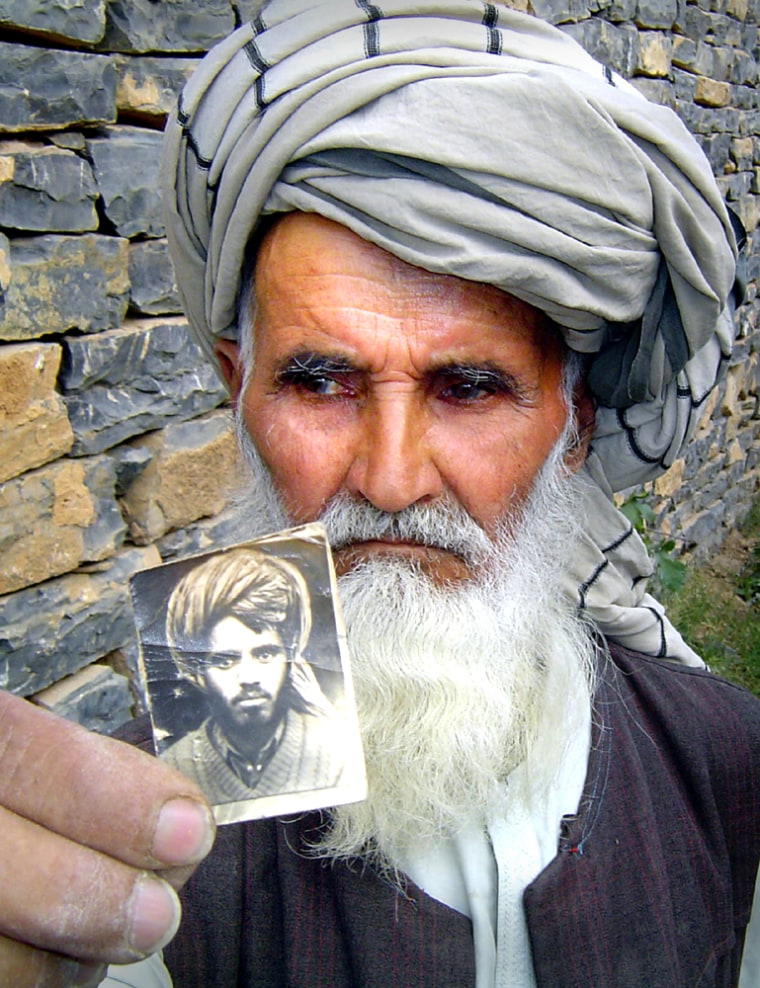The U.S. military has launched a second probe into alleged prisoner abuse in Afghanistan in a week, a spokesman said Saturday.
On Monday, the U.S. military opened a criminal investigation into complaints of mistreatment from a former Afghan police officer who claimed he was beaten and sexually assaulted during 40 days in custody last summer.
U.S. military spokesman Tucker Mansager said leaders of the U.S.-led coalition had been notified on Thursday of "another allegation of detainee abuse" and had begun an "immediate investigation."
He gave no further details of the allegation, only saying the information had come from a third party.
"Coalition forces are committed to ensuring all the detainees are treated humanely and consistent with international law," Mansager told a news conference in the Afghan capital, Kabul.
In light of the widening scandal over prisoner abuse in Iraq, Human Rights Watch on Thursday called for a network of secretive U.S. military jails in Afghanistan to be opened to outside scrutiny, claiming prisoners in U.S. custody suffered "systemic" mistreatment.
The U.S.-based rights group also urged the United States to finally clear up the deaths of three Afghans in custody since late 2002.
The top U.S. general in Afghanistan said Tuesday that the military made "very significant changes" to its prison regime in early 2003 in the light of alleged abuses, including the prisoner deaths.
The U.S. military views Taliban and al-Qaida prisoners as "unlawful combatants," and has held hundreds captured in the war that ousted the Taliban in late 2001 for more than two years without formal charge or access to lawyers.
